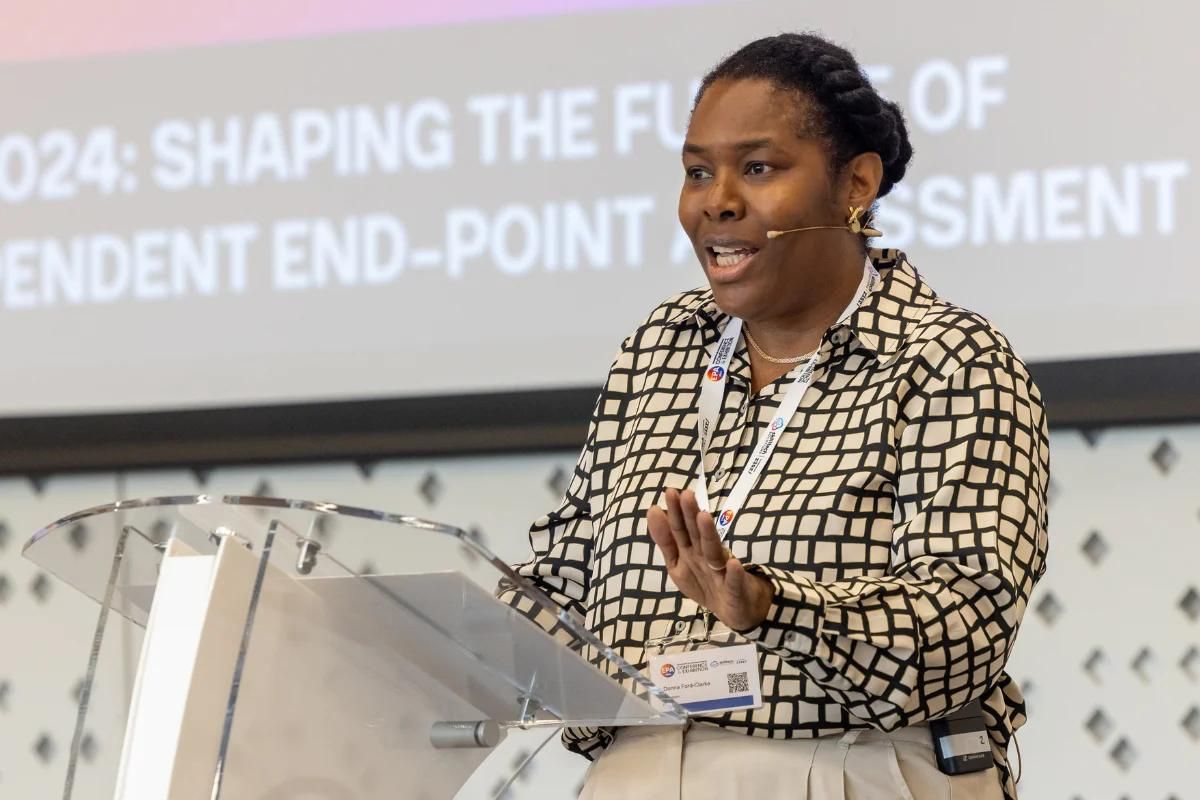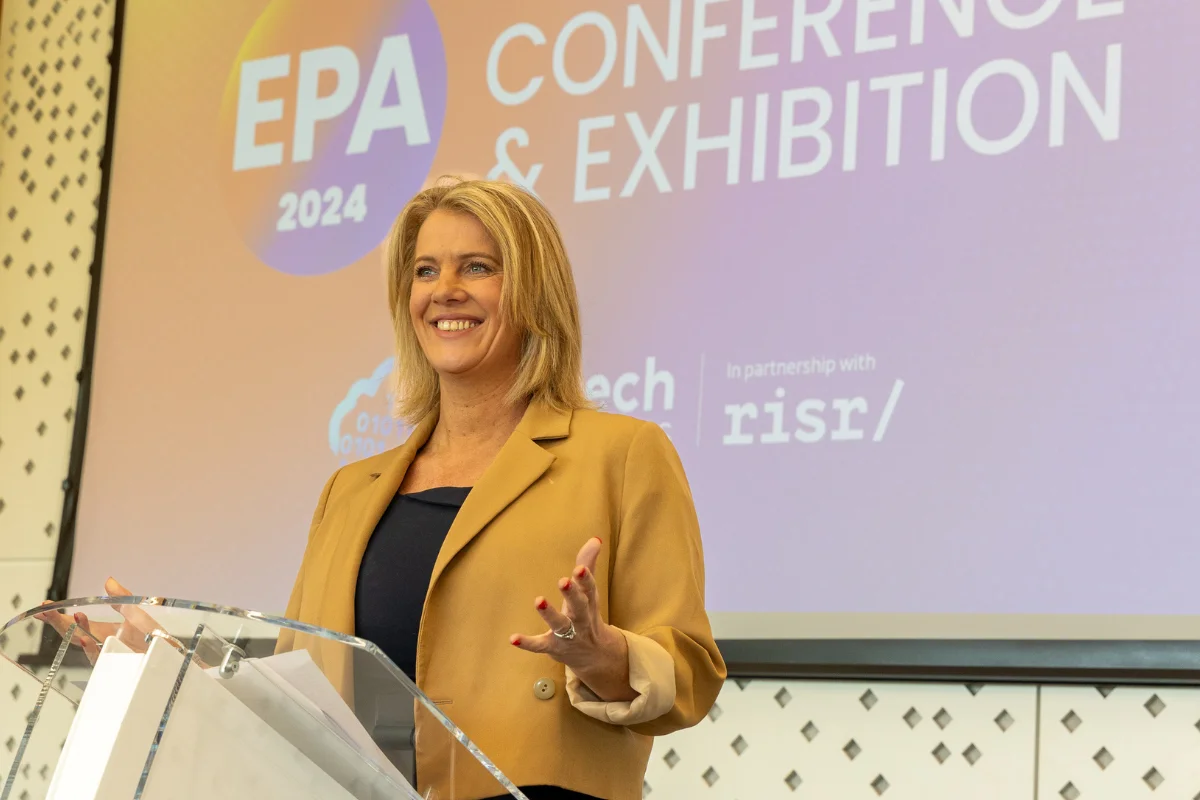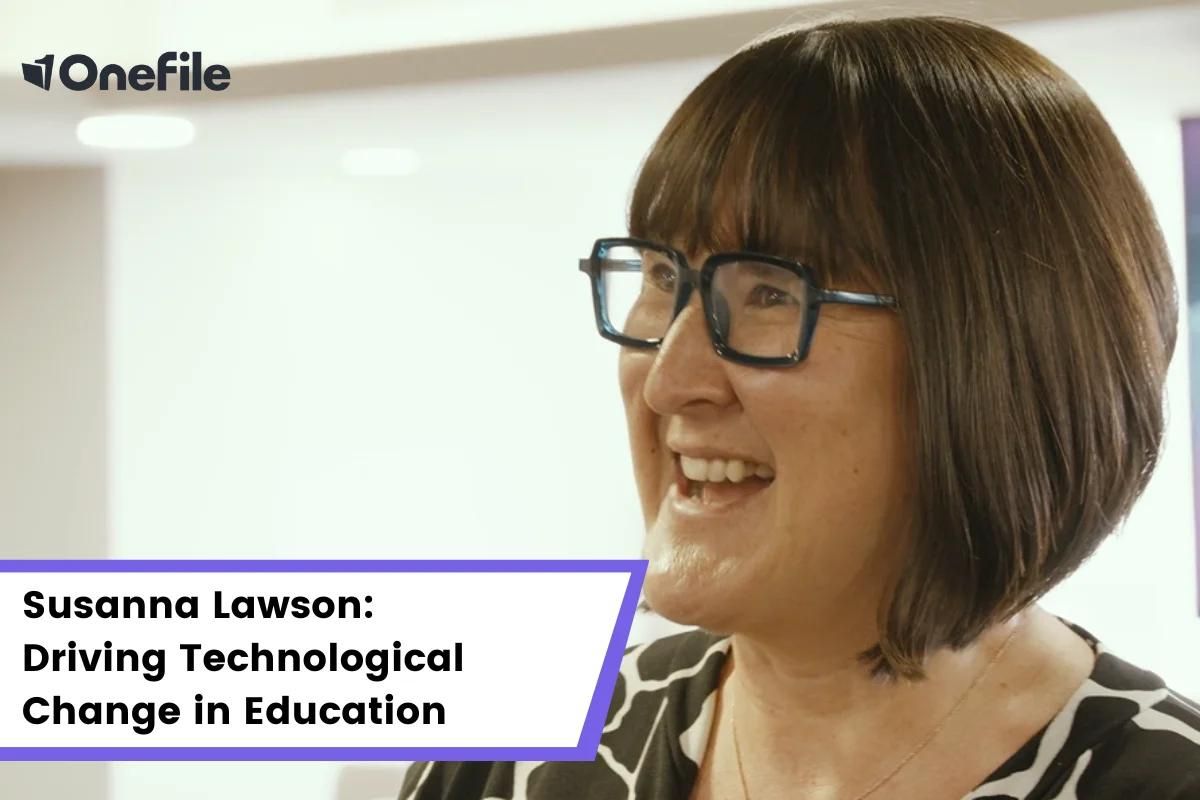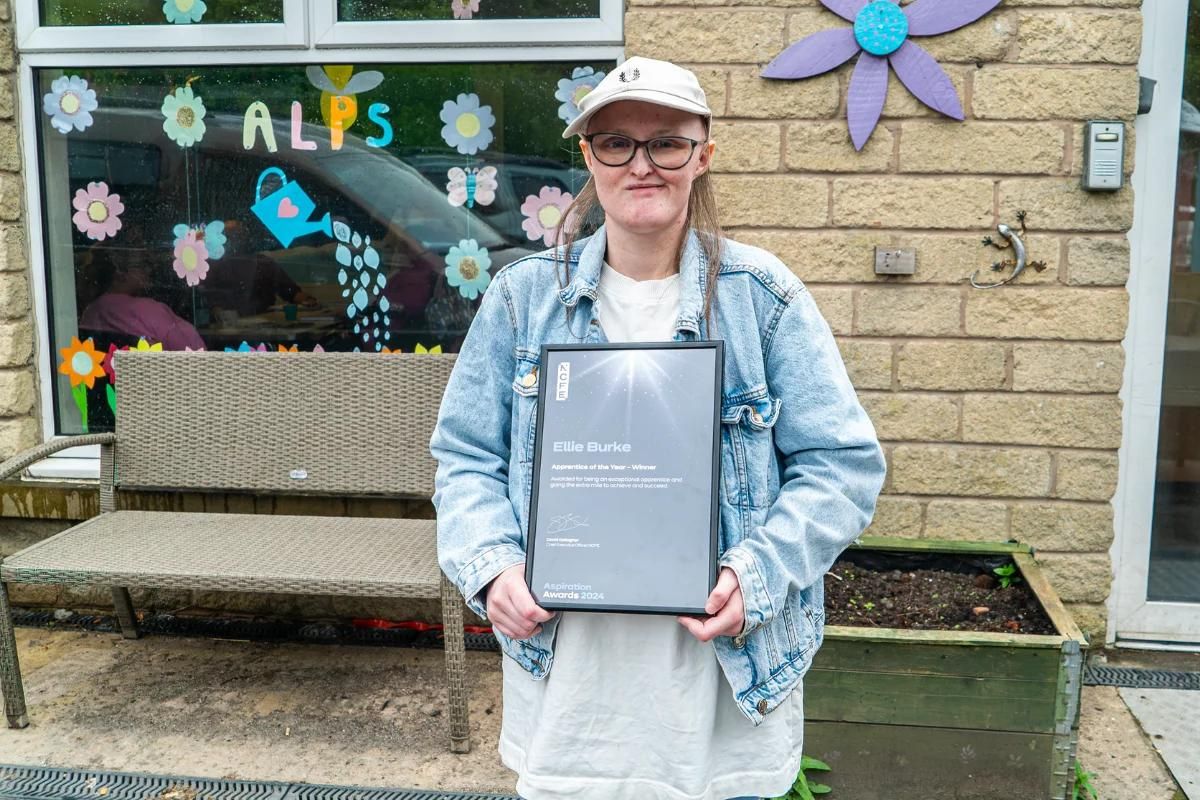Unused Levy Funds: Hard up hospitals unable to take on apprentices

Apprenticeship restrictions mean hundreds of millions of pounds of NHS funds going to waste, says UNISON
More than £200m is lying unused by cash-strapped health trusts in England because of restrictions in the government’s apprenticeship levy scheme, says UNISON today (Monday).
New figures based on freedom of information (FoI) requests by the union, reveal four fifths (79%) of the money hasn’t been used, with funds now starting to be clawed back by the government.
Hospitals are not able to spend the cash because they’re too hard up to take on apprentices and the levy money can only be used for apprentice training, not wages, says the UNISON research.
If this trend continues, substantial funding will be lost to the NHS over the next few years, according to the UNISON report It Doesn’t Add Up.
Under the government’s apprenticeships scheme, any levy money not spent after two years is reallocated to a central pot.
This can then be used to subsidise apprenticeships for smaller employers – who don’t have to pay into the levy – in other parts of the economy. This means cash from NHS budgets could be diverted to the private sector, says UNISON.
For its research, UNISON gathered data for the two-year period following the introduction of the levy in May 2017. More than half of the 244 health trusts in England responded to the FoI request.
The results showed they had paid out £256m for the levy, yet only used £54m (21%) for apprenticeship training and assessments. However, UNISON believes the true figure for unspent NHS cash is likely to be much higher when the trusts that didn’t provide data are taken into account.
In the FoI, UNISON also asked NHS trusts how much their apprentices are paid. The responses showed that two thirds (65%) are paying apprentices less than the lowest NHS pay rate of £9.03 per hour. Just under a third (30%) of the trusts are paying £3.90 per hour, the statutory minimum apprentice rate.
It Doesn’t Add Up includes a sample of apprentice vacancies in NHS trusts, which show they’re expected to perform a wide range of responsibilities for these low rates of pay.
UNISON believes such low salaries are making it harder for trusts to attract and hold on to apprentices. The absence of a standard approach between English NHS trusts on apprentice pay is also leading to exploitation, says the union. It would like to see the national pay system for NHS staff extended to include apprentice pay.
UNISON says the government should change the rules so levy funding can also be spent on apprentice salaries and the wages of staff employed to cover for apprentices when they are training. Any money not used could then go towards funding a new extensive apprenticeship programme across the entire NHS for nursing and all the other health professions experiencing shortages.
UNISON head of health Sara Gorton said:
These figures are a shocking wake-up call showing the extent of the levy’s failure. Hundreds of millions of pounds are sitting idle at a time when budgets are stretched and there are 100,000 vacancies across the NHS.
There are real concerns about the standard of training apprentices receive, with many carrying out administrative and clinical support roles for peanuts.
The NHS must be better equipped for the future. Ministers must reform the system to ensure money allocated to the health service stays within the NHS and invest properly to ensure apprenticeships play a full role in solving the growing staffing crisis.
A Department for Education spokesperson said:
The apprenticeship levy means more money is available than ever before for training, giving employers of all sizes – including the NHS – the freedom to invest in the skills they need.
We have introduced flexibilities to help employers spend their levy funds. It means employers now have 24 months to spend their levy funds and large employers are able to transfer up to 25% of their funds to other businesses.
The NHS is a major contributor to the apprenticeship levy and the public sector apprenticeship target. We work closely with employers and Health Education England to ensure that the NHS is fully supported to recruit apprentices both in nursing and in other occupations.











Responses